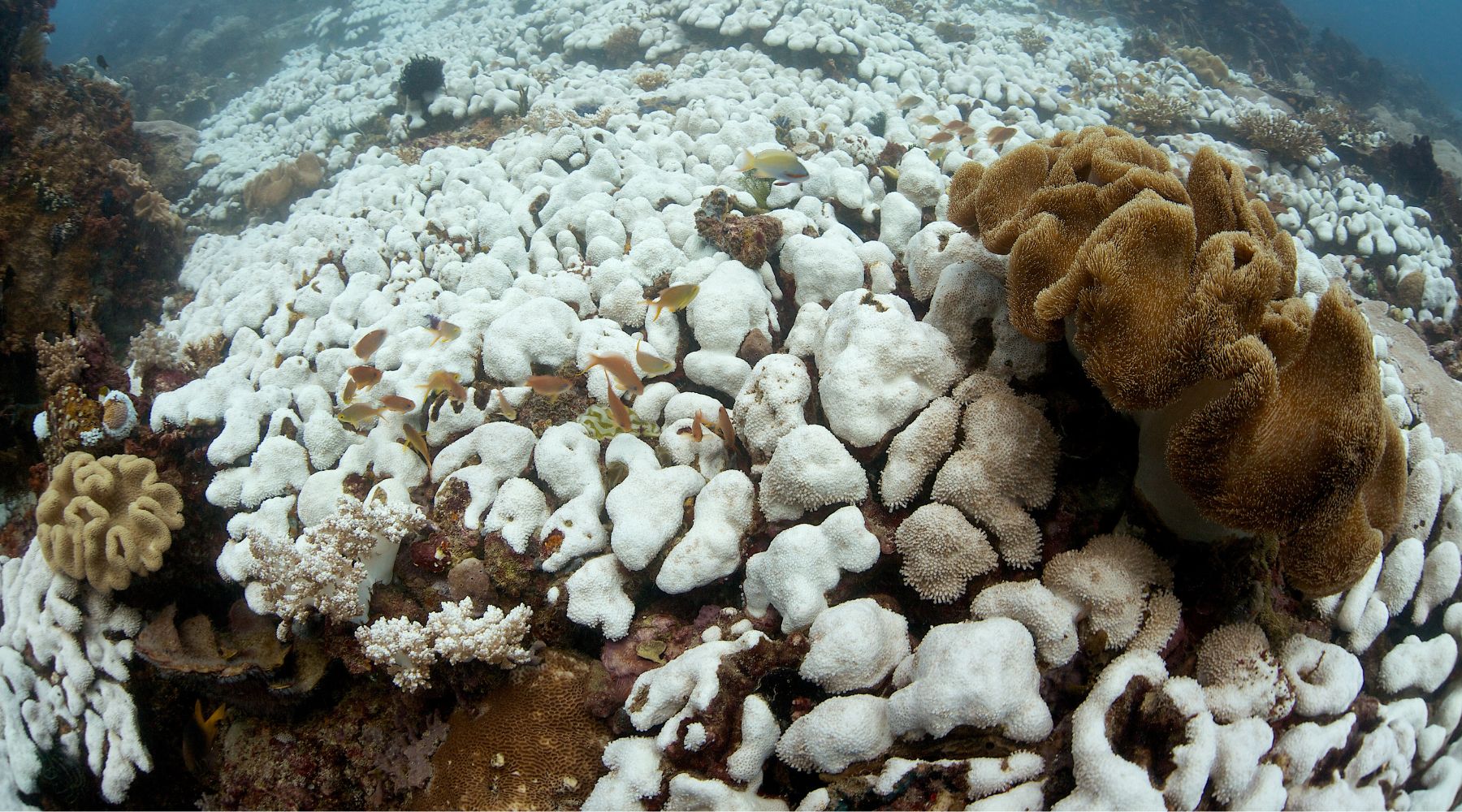Ocean Temperatures Reach the Highest Levels Ever Recorded
Our oceans are vast and dynamic ecosystems that play a crucial role in regulating the planet's climate and supporting life. In recent years, ocean warming has been a real cause for concern and now the former ocean water temperature ever recorded has been surpassed. Let's examine the potential consequences of warming oceans, and what it means for the health of our oceans and the planet as a whole.

Ocean Temperatures Hit Record High
On August 1st 2023, the daily average sea surface temperature hit a record high of 20.96C (69.72F), breaking the previous record set on March 29th 2016 of 20.95C (69.71F).
As ocean temperatures are usually warmest during March, not August, there are concerns as to how much higher temperatures might continue to rise.
What Are The Consequences of Ocean Warming?
The implications of rising ocean temperatures are far-reaching and can have profound repercussions for the planet. Here are some of the key consequences of ocean warming:
Rising Sea Levels
Warmer ocean temperatures contribute to the melting of polar ice caps and glaciers, causing sea levels to rise. This poses a grave threat to low-lying coastal regions, leading to increased flooding, loss of land, and displacement of communities.
Coral Bleaching
Coral reefs play a vital part in ocean ecosystems. When ocean temperatures rise, this can cause coral to lose algae, causing coral bleaching. It can take years for coral to recover, if they recover at all.

Changes in Marine Species Behavior
Rising temperatures can alter the behavior of marine species, leading to shifts in migration patterns and disruptions in ecosystems' delicate balance.
Fishing Impacts
Many communities around the world depend on fishing for food and livelihoods. Warming oceans can lead to the relocation or depletion of fish populations, impacting local economies and food security.
More Greenhouse Gases in the Atmosphere
Oceans are carbon sinks, but when they're warmer, they're less able to absorb carbon dioxide. This results in more greenhouse gases in the atmosphere.
What are the Causes of Rising Ocean Temperatures?
The rise in ocean temperature is closely linked to global warming. We know that global warming is largely driven by human activities, particularly the burning of fossil fuels, which release greenhouse gases into the atmosphere and trap heat, leading to a rise in global temperatures.
The record-breaking ocean temperature is a real cause for concern, and should act as a rallying cry for collective action to mitigate climate change. Governments, businesses, communities, and individuals all have roles to play in safeguarding the health of our oceans and the planet.
Time will tell how much warmer average ocean temperatures will continue to become, but one thing is for sure, action needs to be taken now to protect these essential ecosystems and preserve our beautiful planet for future generations. BeCause Tees are committed to supporting organizations that help in the fight against climate change and for every order placed, we donate to nonprofits and fund the planting of trees - shop all nature-inspired designs today.
















Leave a comment (all fields required)